Need a great book for the long weekend? Here are the novels, memoirs and non-fiction we’ve read recently and recommend.
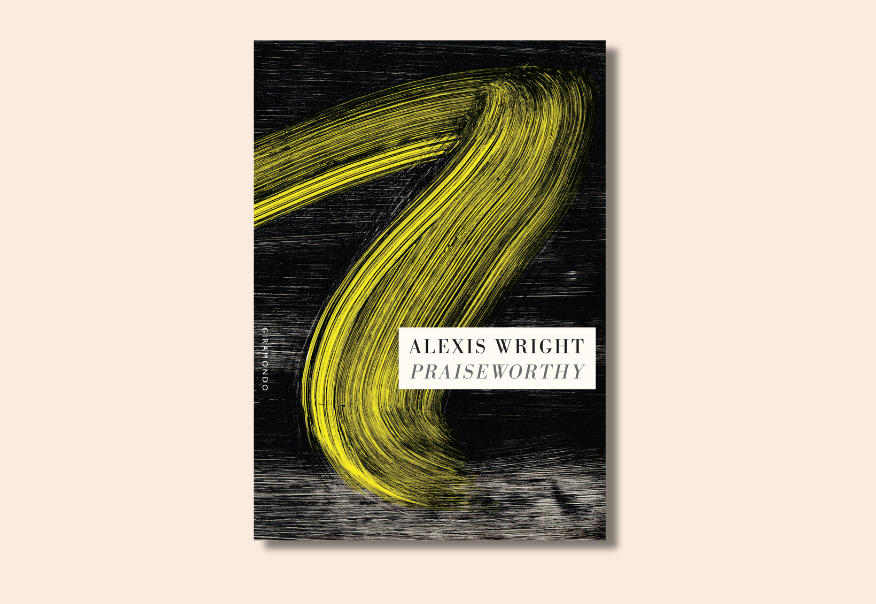
Let us give thanks for Alexis Wright. A writer of the Waanyi Nation, fallen from heaven, or some ancestral land, out of time, out of history, into our present-day lives to intrigue, provoke, compel and delight.
This is an extraordinary work – substantial in every sense (it runs to more than 700 pages). I can’t describe the plot in any meaningful way in fewer than 500 words, so suffice to say it’s a story of a people in a small town called Praiseworthy in northern Australia, seeking out a future. But it’s so much more. There is a poetry in its pages, of resistance, sovereignty and struggle; humour; pathos, all rolled into genre-defying magic. I’ve never read a better Australian book. – Kylie Morris
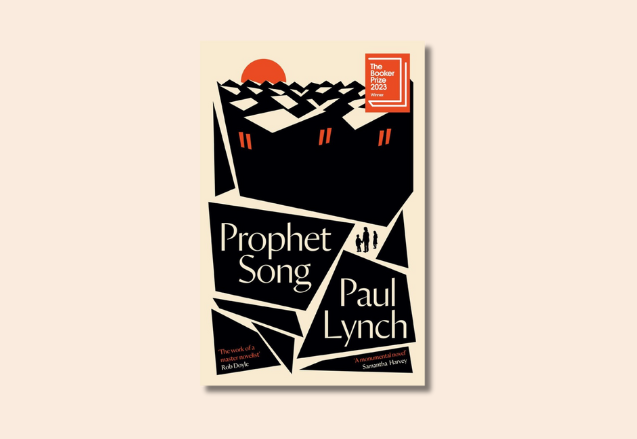
Prophet Song has been described as a 300-page panic attack, which isn’t much of a recommendation for a lazy long weekend. But this year’s winner of the Booker Prize is worth the anxiety.
Set in Dublin in the near future, the novel follows the story of Eilish Stack, a scientist and mother of four whose husband, Larry, a trade unionist, is arrested at a rally in support of increasing teachers’ pay. A far-right nationalist party has recently taken control of government and Larry’s disappearance portends the crackdown on citizens’ rights that lies ahead. As the screws tighten almost imperceptibly, Eilish finds herself in a nightmarish situation, unable to leave her country for fear of what might happen to her husband and ageing father, but increasingly struggling to keep her children safe.
Lynch’s prose is lyrical, gripping and intense, with a driving momentum – and few paragraph breaks – that creates feelings of claustrophobia and dread. I read it in huge gulps over a couple of days, unable to think about much else. Against the backdrop of Gaza and the huge displacement of refugees globally, Prophet Song makes you consider the decisions you might make for your family in Eilish’s situation, and how quickly a society can descend into chaos. It’s an incredible read. – Felicity Robinson
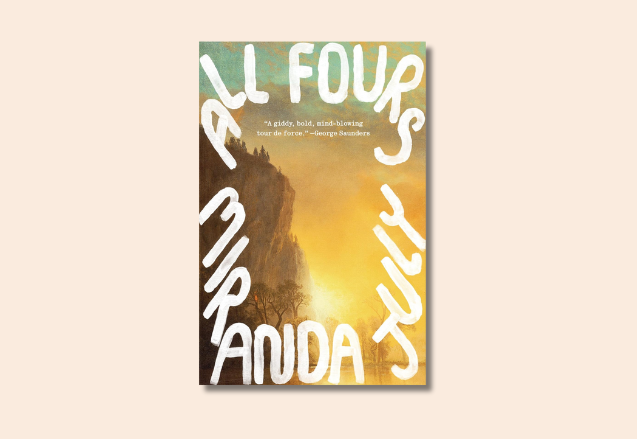
It’s been described as the “first great perimenopausal novel” and it’s true that 40-something readers of Miranda July’s All Fours will find a lot to relate to; the book grapples with big issues like ageing, femininity and midlife sex. However, it is also funny, eccentric and graphic in a way that might have you thinking twice about who you recommend it to.
All Fours follows a married, 40-something unnamed narrator who sets out on a road trip, only to take an abrupt detour – from her route and her life – by holing up in a suburban motel for a few weeks. There, she embarks on an unconsummated affair with a 31-year-old rental car salesman, Davey, with whom she becomes infatuated.
Fuelled by a cocktail of perimenopausal hormones, she starts to spiral under the weight of her obsession with Davey. Sexual encounters with unlikely characters and a sudden dedication to strength-training soon follow. Not a book you’re likely to forget. – Anna Saunders
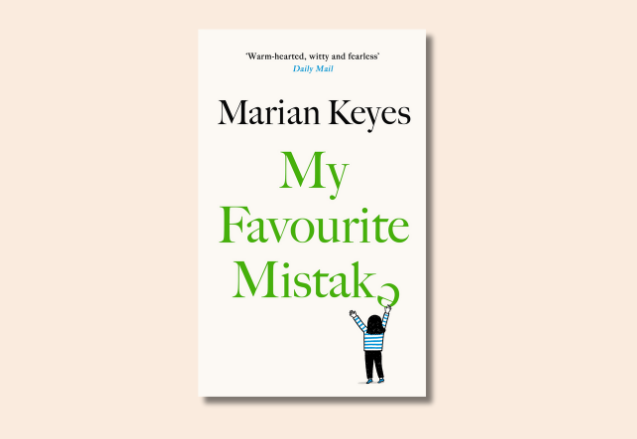
My Favourite Mistake by Marian Keyes
I’ve read most of Marian Keyes’ novels, and loved them all, so I acknowledge the rose-tinted glasses were firmly settled on my nose when I opened her latest, My Favourite Mistake. But it really is a funny, compulsive read.
Keyes returns in this book to the Walsh family (who we first met in 1995’s Watermelon). Beauty PR Anna, the second-youngest sister, is moving back to Ireland from New York, where she was living with her long-term partner, Angelo, whose early-morning Buddhist chanting had become unbearable during lockdown. Trying and failing to find a job back home, Anna agrees to help out a friend who is building a new wellness retreat in remote Maumtully, which hasn’t exactly been welcomed by the locals. Unfortunately for Anna (but luckily for us rom-com tragics), this community PR role involves working with an old flame, Joey – a tattooed, moody developer who favours tight jeans and meaningful silences.
Aside from Keyes’ usual assured plotting and sharp dialogue, My Favourite Mistake has some pointed observations about perimenopause, the ridiculousness of having to beg your doctor for HRT, the challenges of family and – most interestingly of all – the heartbreak you feel when a close friendship ends. This perimenopausal 40-something loved it all. – Felicity Robinson
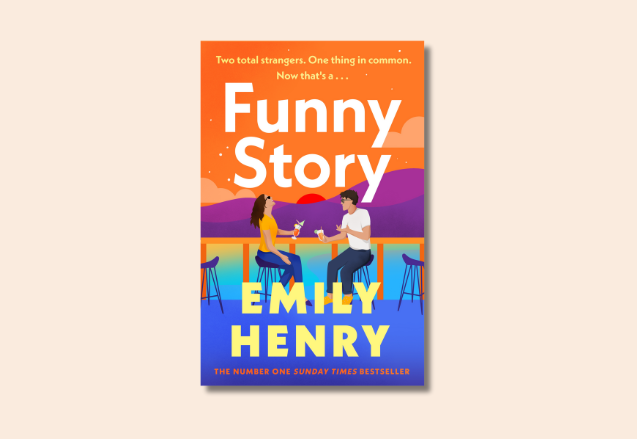
Emily Henry is the master of will-they-or-won’t-they rom-coms, and an author who has sold millions of books and whose novels are optioned for films the minute they’re released.
With Funny Story, she delivers exactly what her legions of fans have been waiting for: a smartly told, smartly paced romcom. It follows Daphne, who has just been dumped by her fiancé, Peter – and who unexpectedly finds herself living with Peter’s new girlfriend’s ex, Miles. The scruffy, emotionally aware Miles is everything that the strait-laced Peter is not… and you can guess the rest. Yes, it’s predictable. Yes, it’s undemanding. But sometimes, a formula just works. – Anna Saunders
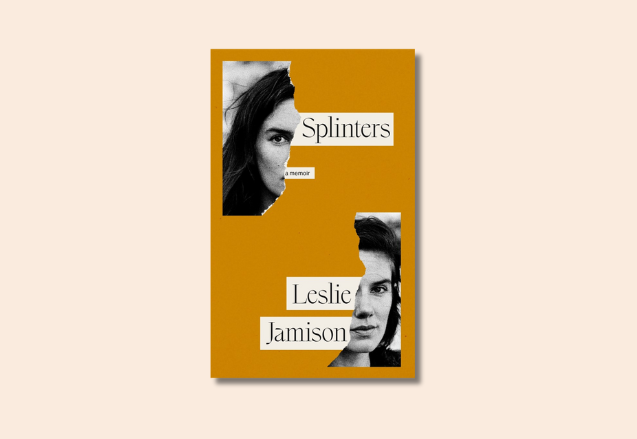
Leslie Jamieson’s memoir charts her attempts to rebuild her life, after divorcing from her husband when their daughter is just 13 months old. As an essayist, who regularly writes for The Atlantic and The New York Times, Jamieson is famed for her spare, honest and perceptive writing, and fans will find plenty to admire in Splinters.
In Splinters, she perfectly describes the mundanity and magic of early motherhood, with her observations likely to land like revelations to anyone who has recently had children. A quiet, reflection memoir about motherhood, making art and moving on from marriage. – Anna Saunders

It can be tempting to imagine there is nothing new to be said, written or learned about the long-running conflict between Israel and the Palestinians. Without prodding, you can fall into a stupor of complacency, coupled with a sense of helplessness.
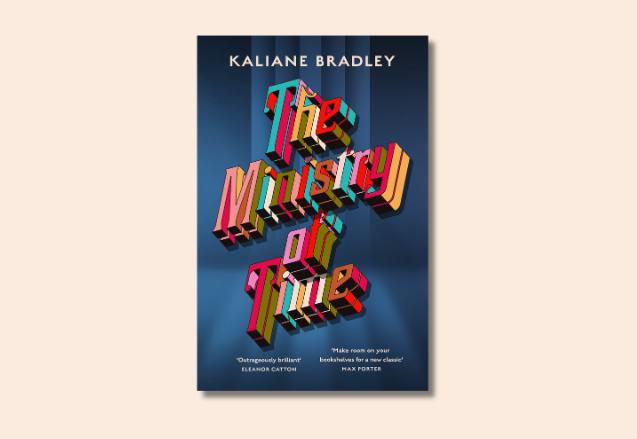
The Ministry of Time by Kaliane Bradley
On paper, this genre-bending novel – part-spy thriller and part time-travelling rom-com – shouldn’t work, but Kailene Bradley’s quietly easy writing style makes it impossible to put down.
The Ministry of Time follows an unnamed female narrator who takes a job as a top-secret agent in a government department working with high-value refugees. Only, as it turns out, the refugee in question hasn’t travelled from another country, but from another era altogether.
The first part of the novel unfolds like a rom-com, but as the book progresses, it takes on bigger topics – climate change, racism, the concept of progressive morality – without ever losing its propulsive thrill. Little wonder the initial manuscript was snapped up in 48 hours in a 21-way auction. – Anna Saunders
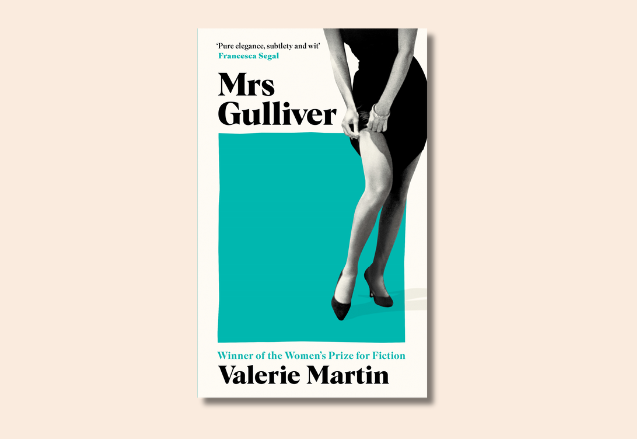
Mrs Gulliver by Valerie Martin
One of the great joys of reading is discovering an author who is new to you (although not necessarily new to everyone else) and knowing there’s a whole heap of her work just waiting for you to read.
US author Valerie Martin falls into this category for me and – having read Mrs Gulliver, which won the Women’s Prize for Fiction this year – I’m now desperate to get my hands on everything she’s ever written. (Martin is 76 years old and published her first novel in 1976, so there’s plenty to go on.)
Mrs Gulliver is set in 1954 on the tropical island of Verona, a languid sort of place where the novel’s namesake, Lila, runs a small, high-class brothel. She employs only the most beautiful, intelligent young women (one is studying economics at university) and her newest recruit, Carità, is no exception, apart from the fact that she’s blind. When Carità falls in love with the naïve heir to a fortune, she sets of a chain of events that involves murder, intrigue and plenty of sex.
If this all sounds a bit rom-com, it… isn’t. Yes, the plot is wonderfully pacy, but Martin writes with extraordinary precision and elegance, with biting observations about men that make you wince as well as smile. You’ll read it in one sitting. – Felicity Robinson




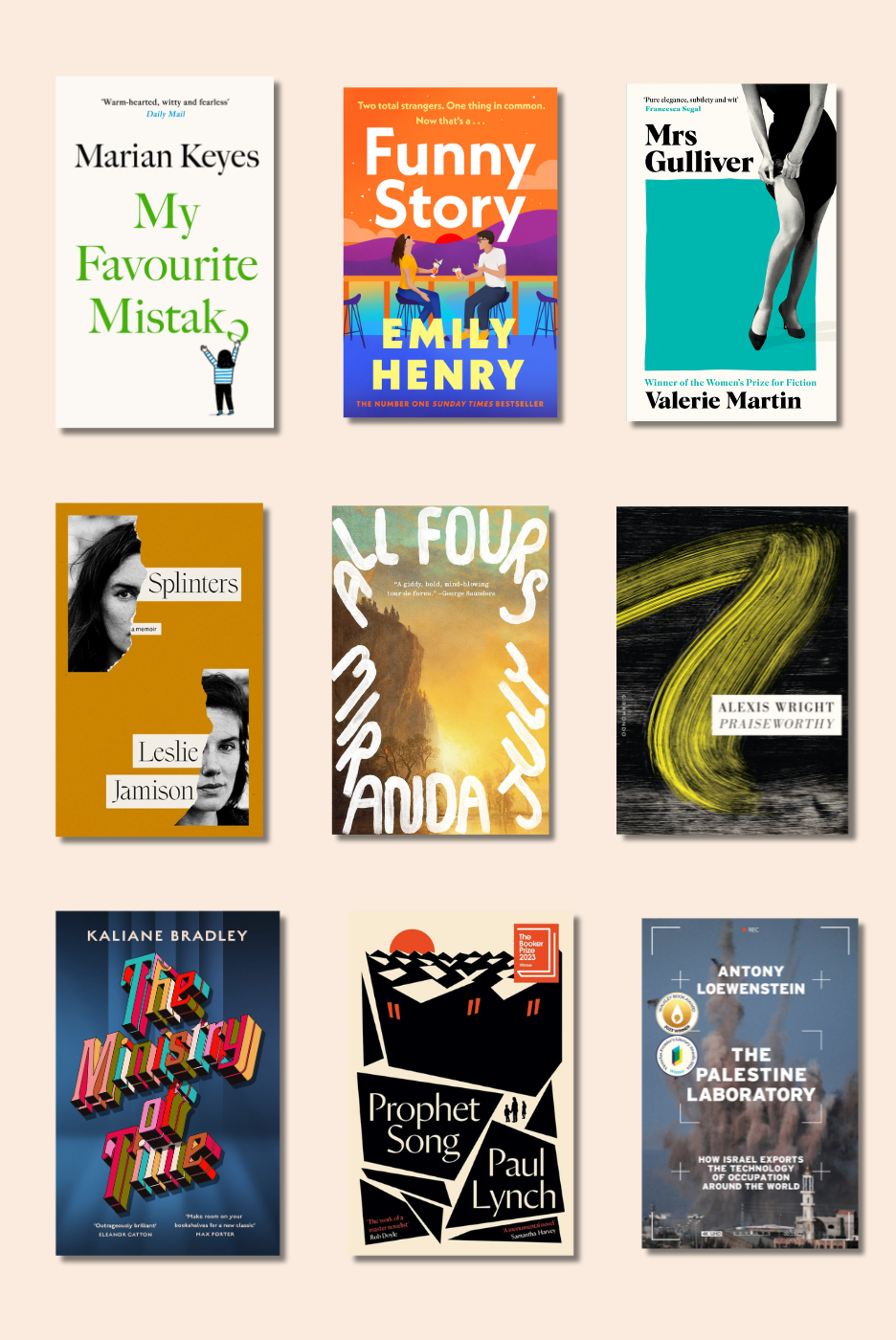








No Comments